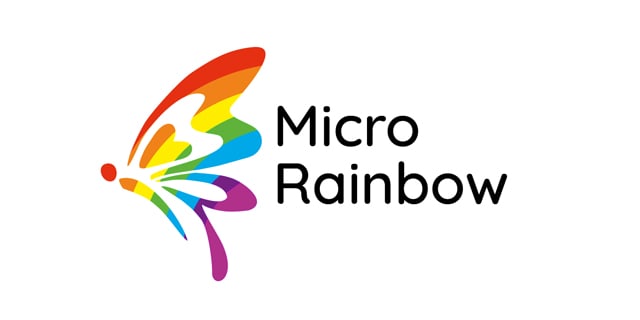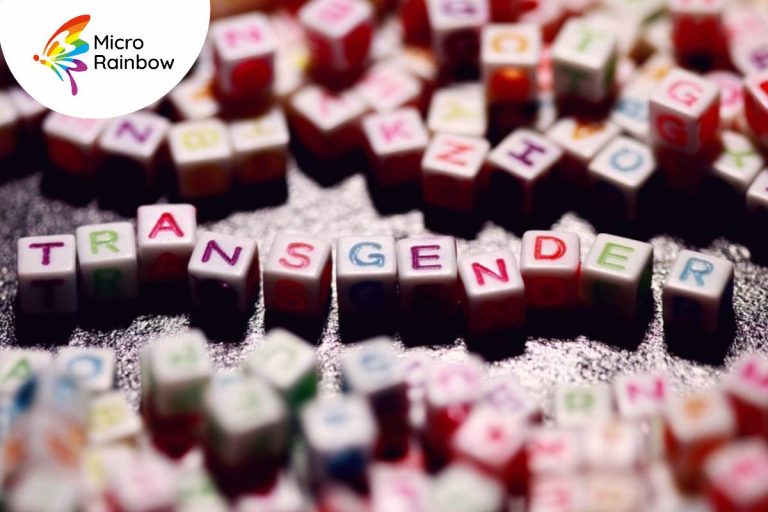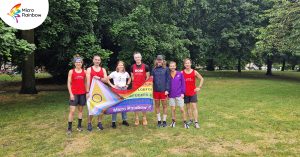November 20th is Transgender Day of Remembrance and we are taking a moment to commemorate all those lost from anti-transgender violence around the world.
Many transgender people around the world are forced to seek asylum because of transphobia and persecution in their home countries. Many transgender people continue to experience discrimination once they reach so-called ‘safe’ countries such as the UK.
Challenges at Home
Around the world, transgender people face countless laws that criminalise their very existence and expression. Even in places without clear legislation criminalising trans identities; they can face discrimination and oppression from those within their community which can manifest itself in violence and harassment. Of the 24 different countries that our trans beneficiaries come from, many of them provide no legal means to receive gender-affirming care or legally change one’s identity or name on government documents. Some countries may even jail trans people for expressing themselves in public and even in places with relatively accepting laws and protections for trans individuals they may face an increased mortality rate and other persecutions from their communities. Acknowledging all these hardships transgender people live in their everyday lives is a vital part of commemorating those lost.
Challenges in the UK
The challenges transgender people face do not suddenly vanish once they come to the UK seeking asylum. They face several specific challenges and hardships unique to them. Difficulty receiving, often critical, gender-affirming care such as hormones, misgendering from the Home Office, and experiencing transphobia in the UK all compound the hardships asylum seekers experience.
Micro Rainbow’s very own board member Alanna speaks on her own experience as a trans woman going through the asylum-seeking process, and the challenges she endured.
“One of the biggest issues I faced when I was claiming asylum was getting access to hormones, and medication prescribed for transitioning. I had been transitioning even before I stepped foot in the UK, and it was vital that I kept the process going – that required me to take medications daily. The UK Government did not have a policy in place to provide transgender asylum seekers with the basic healthcare we need. As a result, I was forced to discontinue my medical transition, which deeply affected me both physically and mentally.”
Support from Micro Rainbow
The process of seeking asylum and being granted refugee status is long and hard, yet LBGTQI members do not have to brave this process alone. Micro Rainbow has been working with Transgender asylum seekers for years and has helped many find community and safety amidst their difficult situations.
Maria, a trans woman from El Salvador talks about her experience when going into Micro Rainbow housing:
“I moved into one of Micro Rainbow’s safe houses for LGBTQI asylum seekers in Birmingham. I was very happy to go there, and I felt much more freedom in the Micro Rainbow house. It felt like a safe space, and I was happy to be sharing with other asylum seekers from the LGBTQ community”.
How you can help
Help Micro Rainbow continue its mission of assisting Transgender asylum seekers throughout their asylum-seeking process and beyond. Whether it be through our inclusive safe housing, social inclusion events, or our Moving On programme. Consider becoming a Micro Rainbow ally today.







